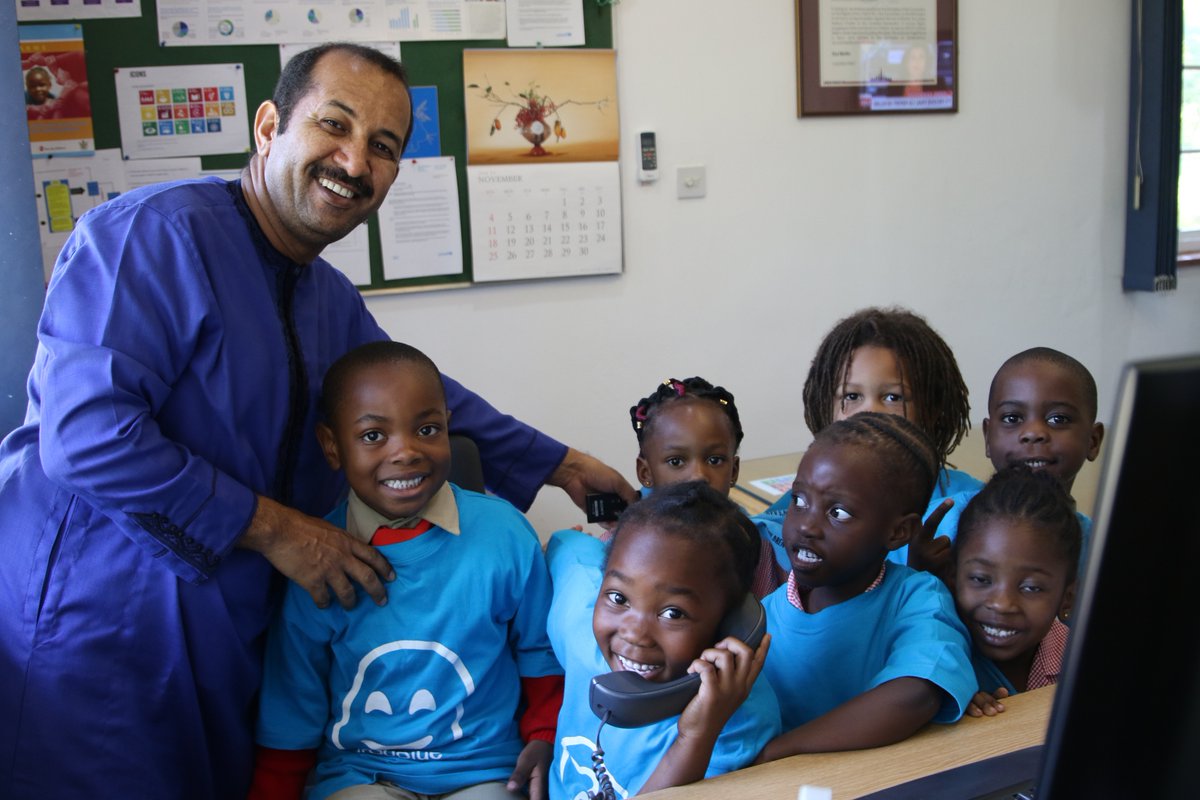Sixteen illustrated storybooks for children aged 0-6 were recently developed by UNICEF and the Ministry of Primary and Secondary Education during a week-long Master Class workshop for Zimbabwean artists, photographers and graphic designers.
The books were designed to support Early Childhood Development and foster a love for learning among young Zimbabwean children.
The storybooks will support the Ministry’s drive to strengthen early learning development by providing the child aged one to six years, their caregivers and teachers with a rich resource of possibilities to expand a child’s mind, nurture their language, social, emotional, cognitive and emergent literacy. All the storybooks are developmentally appropriate, and address the unique cultural, and holistic needs of both rural and urban Zimbabwean children.
“Through this initiative we can increase the access of young children and their families to books, ensuring that the most vulnerable children will benefit from them,” said UNICEF Chief of Education Niki Abrishamian. “Access alone is not enough to make a difference in children’s lives but the kind of content available to them that will make a difference and nurture the child’s emotional intelligence through the stories and feed their souls.”
This is the first time that such an inclusive workshop has been conducted in Zimbabwe., It brought together a cross section of creative artists andeducation specialists, including people living with disabilities from various parts of the country to share their talents, ideas and experiences.
“The Ministry sees this workshop as the pioneering work in the production the first locally developed children’s story books,” said Ministry of Primary and Secondary Education Principal Director, Dr. Muzawazi. “They will promote early learning, and address issues such as hygiene, nutrition and protection, ensuring a holistic approach to supporting children’s development, meeting the needs of children for today, tomorrow and many years to come.”
This workshop has been presented in over 30 countries around the world and many of the productions have won national or international awards, been translated into other languages and media formats, and used as “best practice” at several Universities.
“Being a person who is disabled and having been involved in the workshop, I learnt a lot and have had quite an experience working with different people to create a book where children do not look at disability but where they see disability as an extension of humanity,” said participant Marvellous Mbuto.
The workshop was organized by UNICEF Zimbabwe and facilitated by Child Communications Specialist, Barbara Kolucki who has conducted similar workshops in numerous other countries.
“I was extremely impressed with the creativity and talent of the Participants. I am confident that there is now a cadre of people who can produce fabulous storybooks and other communication for young children that is truly unique to Zimbabwe,” she said.






